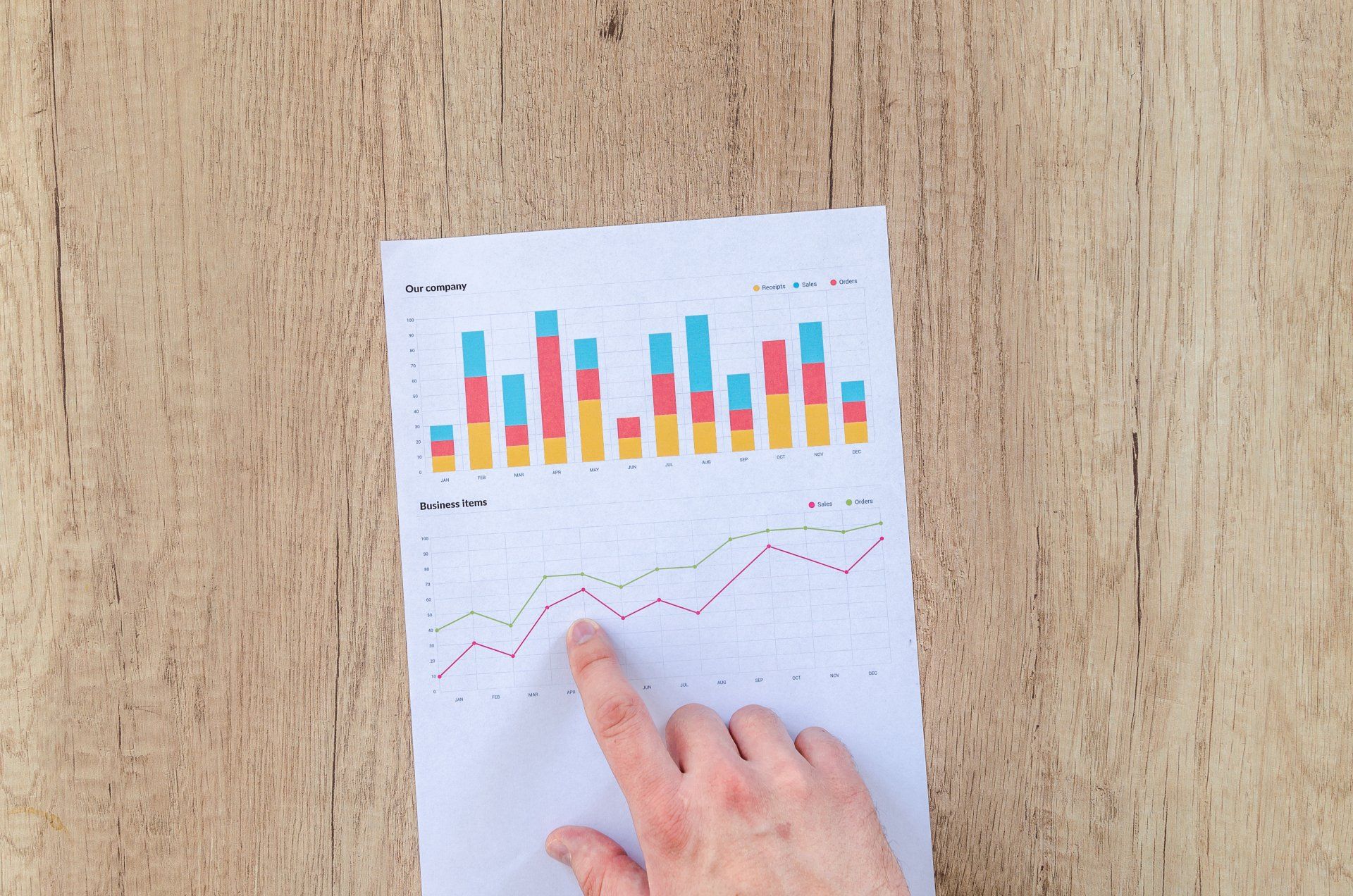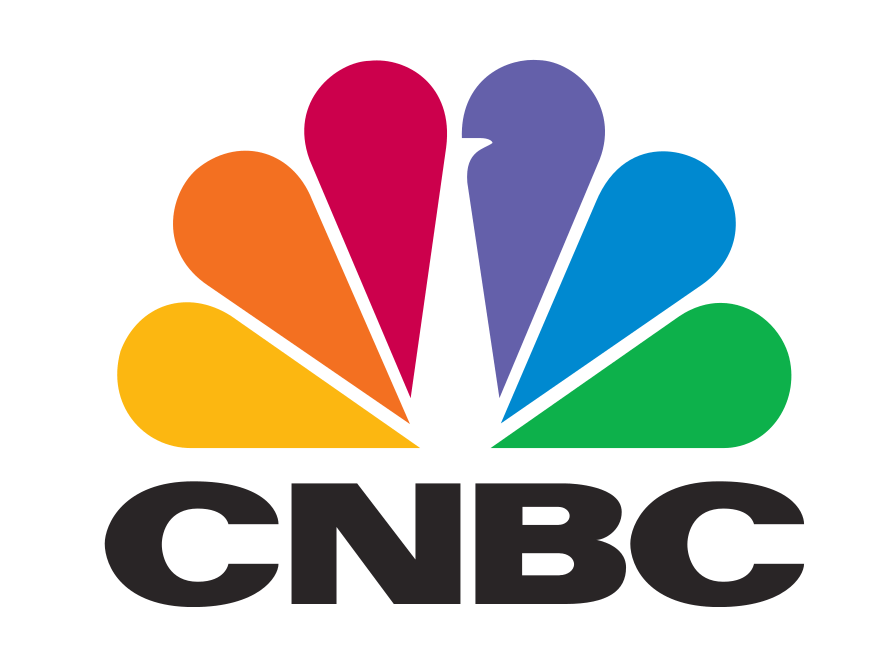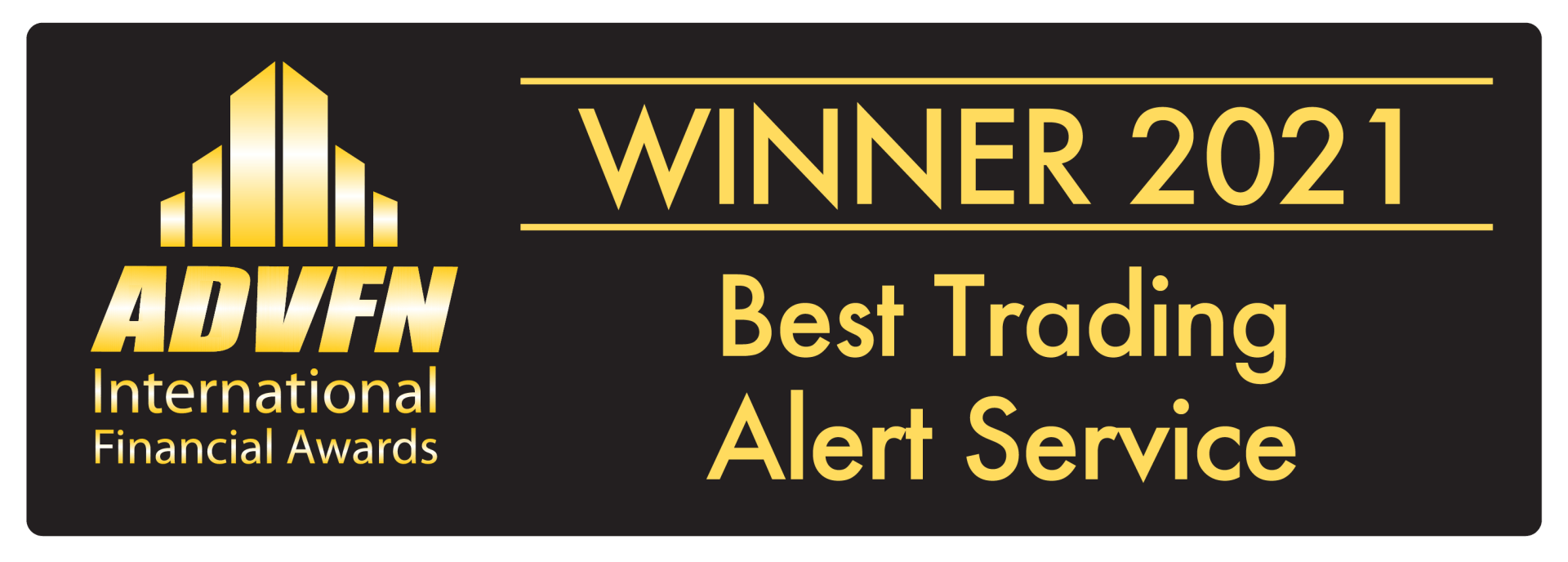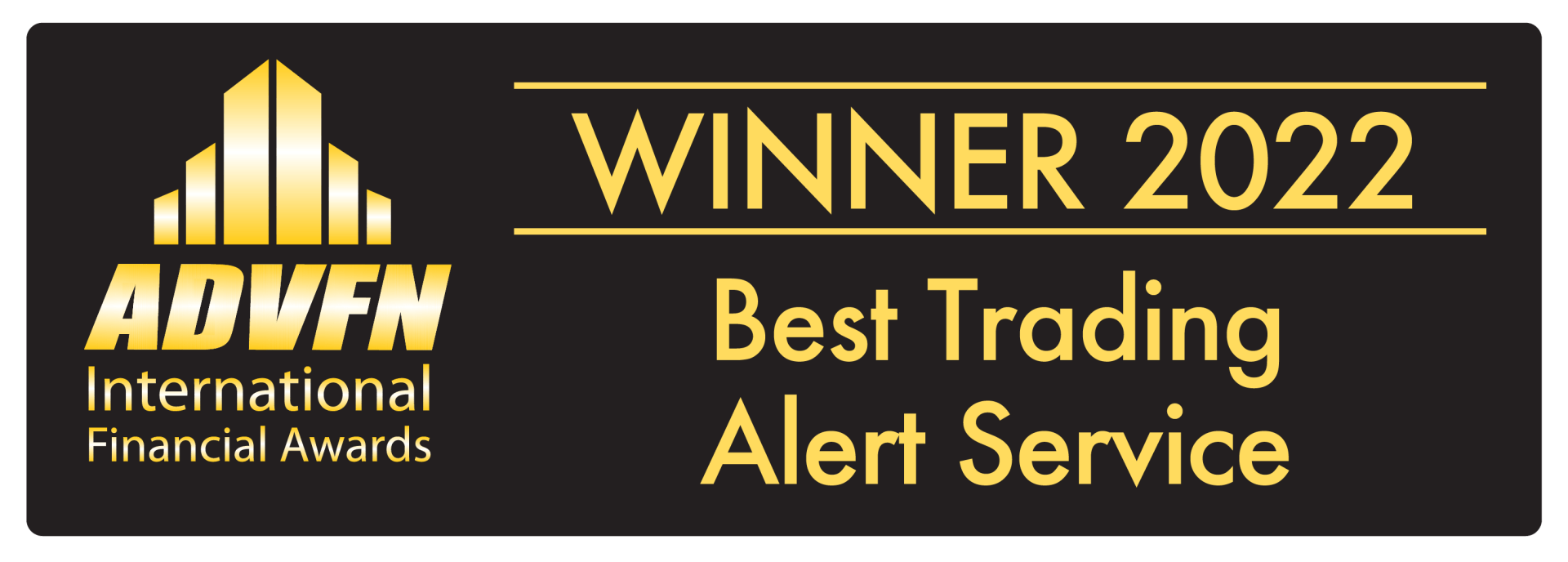Speculating vs Investing
At Inteligex we often get asked what is the difference between Speculating and Investing? It's a great question. Both can be great ways to make money but it's important to understand the advantages and limitations of each.
Investing
Investing involves the purchase of assets with the intent of holding them for the long term (5 to 10 years or longer). Assets can be stocks, bonds, futures, property, ETFs and more. You are not worried about day to day or month to month price movements as you are focused on long term returns.
Investing is driven by the underlying value of the assets that you invest in and how that value increases over time.
Speculating
Speculating refers to the act of conducting a financial transaction that has a substantial risk of losing value but also holds the expectation of a significant gain. You are taking a view on whether an asset price will go up or down in the short term. Day Trading, where you take a position with a view to exiting it the same day, is one form of market speculation. Traders can make money by going long or short on trades which means they can make money when prices are rising or falling. There are a multitude of assets that you can speculate on: stocks, bonds, options, futures, forex and commodities to name but a few.
Speculating is heavily driven by market sentiment and news as this is what causes the markets to move.
But you can only decide whether what is right for you when you understand how they fit with your personal risk profile.
Personal Risk Profile
Life throws many things our way, so it's important to save some money for the future if you can. It may be you want to save because if feels good to have a safety cushion or maybe you are saving for something specific like a deposit on a house, a car, children's college fees etc.
You can choose to save your money in a bank and earn interest on your money over time (see here for more information on how interest rate work). If you do this your money will grow but it's unlikely to keep up with the rate of inflation so in real terms you are actually losing money over time. However, putting money into a bank is relatively safe, you are unlikely to lose it so it has a low level of risk.
To access a potentially higher rate of return you can invest your money in the financial markets. Investing is higher risk than leaving your money in the bank but if you do your research and invest in a balanced way overall it has a medium level of risk. For a potentially even higher rate you can speculate in the financial markets which is a higher risk than investing and overall has a relatively higher level of risk. As the potential reward goes up (the return that you get) the risk rises in proportion.
The bottom line here is that you need to be comfortable with where you are putting your savings and realistic about how you want to use them and when you might need them.
For example, there's no point investing money if you think you might need it in 6 months time. The easiest thing to think about is that these 3 strategies form a set of steps:
- If you have money left over at the end of the month then save as much as it as you can in a bank account that gives you the highest interest rate possible
- Once you've have sufficient savings to tide you over in a period of difficulty and can commit money for the longer term then think about investing
- If you have both savings and investments and are happy with the downside risks of chasing higher returns then think about speculating on the markets through trading
This is exactly how banks work: they hold money, they invest money for the long term and they trade the markets to get short term gains.
Next Steps
You may have a good idea of how much money you can commit to these 3 categories but you may not. When you are planning your financial future it's always wise to seek qualified professional advice as they will ask the right questions to ascertain your financial outgoings and future priorities.
If you choose to invest then you need to think about whether you want to invest in individual stocks (e.g. Apple, Amazon, GM etc.) or a basket of stocks (this can be done with index tracker funds and ETFs). Going for individual stocks can give you potentially higher rewards but it comes with more risk because you could pick one that doesn't do well. Tracker type funds are lower risk as they are capturing a whole basket of stocks which means you get the super performers as well as the also rans. Make sure you look at independent research on the past performance of your proposed investments.
If you want to trade then you should only trade what is known as your 'risk capital'. This is defined as the amount of money you can afford to lose, after all you are speculating. Then make sure you learn how to trade properly. Don't go in thinking this is a get rich quick scheme, it is not. BUT you can make good money once you are proficient. There are two ways to become a competent Trader, either learn Technical Analysis (this can take many years) or get a good quality trading system which has proven Day Trading strategies built in and provides comprehensive training and support.
When you trade Nasdaq 100 technology stocks: trade nq, e-mini nq; S&P 500 stocks: trade es, e-mini ES or Russell 2000 stocks: trade RTY, e-mini RTY or commodities or Forex then use Inteligex, the best, award winning Trading Signals System.
The trading software works on any market over any time frame. It generates award winning High Probability Trade Signals and gives you a clear process which provides discipline to your trading. Comprehensive Inteligex training and support means that all new Members get up to speed quickly. Learning is fun and fast in the inclusive Trading Room and we support you every step of the way. Perfect for those who want to learn to trade or improve their trading. It forecasts where the market is trying to get to and shows you where to put your targets and stops, what could be easier.
Inteligex offers both manual and auto trade solutions using High Probability Trade Signals and Indicators, for more information see here.







